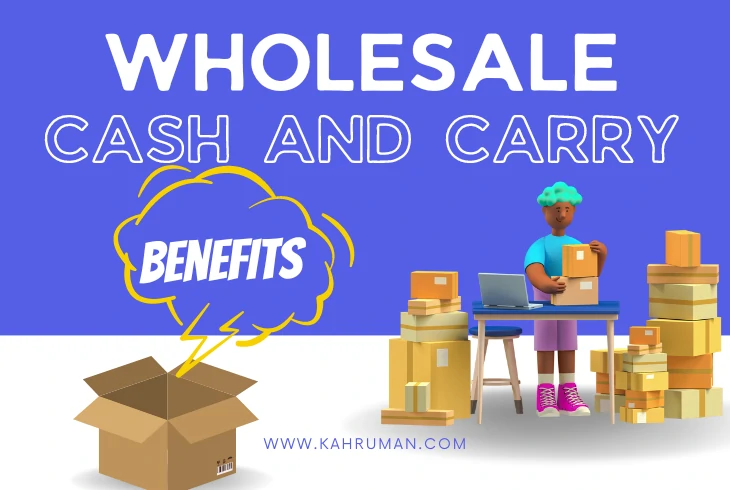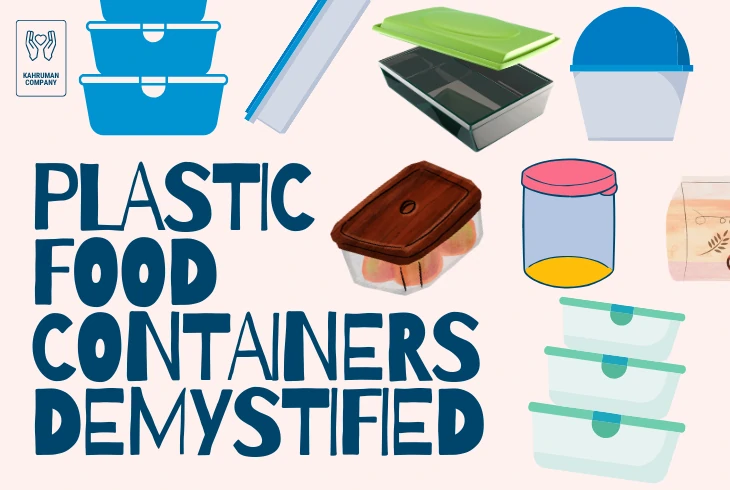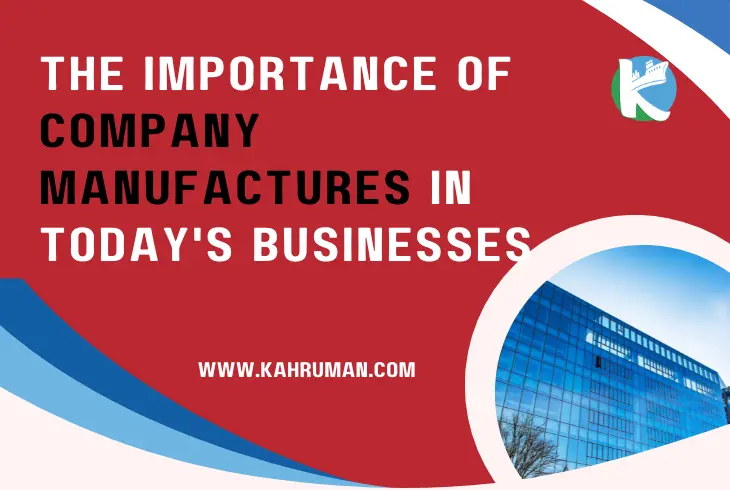What is a wholesale cash and carry?
Cash and Carry Wholesale is a retail store specializing in selling products in bulk quantities at discounted prices. These stores are typically designed to serve small businesses, restaurants, convenience shops, and other corporations that must purchase large quantities of goods for their operations.
In a wholesale/cash and Carry store, consumers can purchase products in large quantities, often at prices significantly lower than those found in traditional retail shops. These marketplaces usually require clients to pay in cash or with a debit card and may require clients to become members to shop at the store.
Wholesale Cash and Carry shops typically offer a wide range of goods, including food, beverages, household goods, office supplies, electronics, and more. They are also known for providing a no-frills shopping experience, with minimal marketing and advertising, to keep costs low.
What is a cash-and-carry wholesaler?
A cash-and-carry wholesaler sells inventory in bulk quantities to clients who pay in cash and carry the outputs out of the store themselves. These standard shops are typically designed to serve small companies, retailers, and other corporations that must purchase large quantities of goods for their operations.
Unlike traditional retailers that sell goods to the general public, cash-and-carry resellers require clients to show proof of business ownership or membership to make purchases. Consumers are typically required to pay in cash or with a debit card and are responsible for transporting the materials out of the store.
Cash-and-carry resellers offer various assets, including food, beverages, household goods, office supplies, and more. These shops are known for their low prices, as they sell goods at prices significantly lower than those found in traditional retail shops or grocery.
You can read about: Essential Guide to Wholesale Packaging: All You Need to Know
Is cash-and-carry a retailer?
Cash-and-carry is a business model that is confused with retailing. However, cash-and-carry is not a retailer but rather a type of wholesale operation. It differs from traditional wholesalers because it does not extend credit to buyers. It operates on a cash-and-carry basis, where consumers pay upfront for their purchases and transport the goods themselves.
Wholesale cash-and-carry shops are often warehouse-style outlets that offer a range of materials, including groceries, restaurant supplies, and other fast-moving items. These wholesale/cash shops are popular among buyers looking to purchase goods in bulk at a lower cost.
Wholesale cash-and-carry operations can be independent or part of larger distributor chains. Some of the largest cash-and-carry operators in the world include Costco, Keystone Bros., and IFS, which supply goods to buyers across North America.
While cash-and-carry operations primarily serve the needs of commercial buyers, they may also be open to individual consumers. However, these shops primarily focus on selling to corporations such as restaurants, grocers, and other operators who require large quantities of output.
In some cases, cash-and-carry marketplace may carry their brand of material, which is sold at a lower cost than comparable goods from leading brands. However, these shops may also stock objects from other suppliers and manufacturers.
Cash-and-carry operations have become increasingly popular in recent years as buyers look for ways to reduce their costs and streamline their operations. They offer an alternative to traditional resellers and give buyers greater control over the merchandise they purchase.
While cash-and-carry shops may appear similar to retailers, they are fundamentally different. They operate on a cash-and-carry basis and primarily serve the needs of commercial buyers, offering a wide range of merchandise at lower prices, like apparel, candy and foods.
Is wholesale the same as cash and carry?
Wholesale and cash-and-carry are similar but not the same.
Wholesale refers to selling goods in large quantities to partnerships and other outfits, at a discounted price. The clients who purchase from distributors then sell the goods to consumers.
On the other hand, cash-and-carry is a type of retail store that sells goods in bulk quantities to consumers who pay in cash and carry the goods out of the shops. These shops and warehouses are typically designed to serve small companies, retailers, and other ventures that must purchase large quantities of materials for their operations.
While resellers and cash-and-carry shops sell goods in bulk at a discounted price, distributors typically sell to companies that then sell the goods to consumers. In contrast, cash-and-carry shops sell directly to outfits and other ventures. Additionally, cash-and-carry shops require purchasers to pay in cash or with a debit card and may require clients to become members to shop at the store.
Why is it called a cash and carry?
The term "cash and carry" highlights that consumers must have cash on hand to pay for their purchases and must physically carry the goods out of the store themselves.
The cash-and-carry model was popularized during the early 20th century when many small companies sought ways to purchase goods in bulk quantities at discounted prices. Cash-and-carry shops allowed these companies to purchase materials lower than they could find at traditional retail shops without paying for the additional costs associated with the delivery and other services. Over time, the cash-and-carry model has evolved to include a wide range of goods and services, but the name has remained the same.
What is an example of a cash and carry wholesaler?
In Turkey, there are several examples of cash-and-carry wholesalers. Here are a few:
- Macrocenter is a popular cash-and-carry store that operates in several cities in Turkey, including Istanbul, Ankara, and Izmir. They offer various goods, including groceries, electronics, and household items.
- Tansaş - Tansaş is another cash-and-carry reseller that operates in Turkey. They offer a range of goods, including groceries, cleaning supplies, and personal care goods.
- Migros Sanal Market is an online cash-and-carry store in Turkey. Customers can order goods online and pick them up at a designated location, paying in cash or with a debit card at pick-up time.
- Gima - Gima is a cash-and-carry store that operates in several cities in Turkey. They offer a range of goods, including groceries, household items, and personal care goods.
These are just a few examples of cash-and-carry resellers in Türkiye, but many others operate throughout the country.
You can read about: Turkey Manufacturers and Turkey Wholesale Suppliers
What are the features of wholesale cash and carry?
Wholesale Cash and Carry shops have several key features that distinguish them from other retailers. Here are some of the common features of Wholesale Cash and Carry:
- Bulk purchases: One of the primary features of Wholesale Cash and Carry is that they offer materials for sale in bulk quantities. This means consumers can buy larger quantities of merchandise at a discounted price.
- Low prices: Wholesale Cash and Carry outlets typically offer lower prices than traditional retailers, as they have lower overhead costs and can sell outputs in bulk.
- Wide range of products: Wholesale Cash and Carry marts offer a wide range of outputs, including food, beverages, household goods, office supplies, electronics, and more. This can be convenient for startups that need to purchase multiple items in one place.
- Membership requirement: In many cases, Wholesale Cash and Carry shops require consumers to become members to shop at their outlets. Membership fees can be an additional cost, but they can also provide access to additional discounts and benefits.
- Cash payment: Wholesale Cash and Carry marts typically require payment in cash or with a debit card. Credit cards may not be accepted or may be subject to additional fees.
- Minimal marketing and advertising: Wholesale Cash and Carry stores typically rely on word-of-mouth marketing and do not invest heavily in advertising campaigns or promotions.
What are the advantages of cash and carry wholesalers?
There are several advantages of cash-and-carry wholesalers, including:
- Lower prices: Cash-and-carry resellers offer lower prices than traditional retail stores because they typically sell products in bulk. This can be particularly beneficial for agencies that must purchase large quantities of goods for their operations, as they can save money by buying in bulk.
- Convenience: Cash-and-carry resellers offer a wide range of products under one roof, which can be convenient for ventures needing multiple items for their operations. This can save time and effort compared to sourcing materials from multiple suppliers.
- Quality products: Cash-and-carry resellers typically offer quality goods from reputable brands, which can give corporations confidence in their purchasing goods. This can be particularly important for enterprises that must maintain high-quality standards for their operations.
- Flexibility: Cash-and-carry suppliers typically do not require clients to have an account or place an order in advance. This allows corporations to purchase outputs as needed without worrying about meeting minimum order requirements.
- Online ordering and delivery: Many cash-and-carry resellers offer online ordering and delivery options, which can be particularly useful for companies that do not have the time or resources to visit the store to make their purchases physically.
What are the disadvantages of cash and carry wholesalers?
While there are several advantages to using cash-and-carry suppliers, there are some potential disadvantages to consider:
- Limited selection: Cash-and-carry resellers typically offer a limited selection of goods compared to traditional retail shops or other resellers. This means that companies may be unable to find everything they need in one place.
- Need for transportation: Because cash-and-carry resellers typically sell goods in bulk, companies may need their own transportation to bring the products back to their location. This can be a disadvantage for firms that do not have their own vehicles or transportation resources.
- Need for storage space: Buying goods in bulk from cash-and-carry wholesalers may also require companies to have adequate storage space to store the outputs until they are needed. This can be a disadvantage for companies with limited storage space.
- No credit options: Cash-and-carry resellers typically require payment in cash or with a debit or credit card. This means that corporations may not have the option to purchase products on credit, which can disadvantage those with limited cash flow.
- Limited customer service: Cash-and-carry suppliers may not offer the same level of customer service as other suppliers or retail stores. Startups may need their knowledge and expertise to make informed purchasing decisions.
Can anyone shop at a cash and carry?
Cash-and-carry resellers, rather than individual consumers, are typically designed for business customers, such as retailers, restaurants, and other commercial enterprises. However, some cash-and-carry resellers may allow individuals to shop if they can demonstrate that they are buying merchandise for a business purpose. For example, an individual may be required to show a business license or tax ID number to purchase goods from a cash-and-carry supplier. It is important to check with the specific cash-and-carry suppliers to determine their policies regarding who can shop at their store.
Who is cash and carry owned by?
Private companies or corporations typically own cash-and-carry resellers. Some examples of companies that own cash-and-carry suppliers include Metro Cash & Carry, Costco Wholesale, and Booker Wholesale. In some cases, cooperatives may also own cash-and-carry resellers, where independent institutions work together to purchase and distribute goods.
What is an example of a cash-and-carry trade?
Cash and carry trade refer to a trading strategy where an investor takes a long position in a security while simultaneously selling a futures contract for the same security. The goal of the strategy is to take advantage of the price difference between the security and the futures contract.
For example, an investor wants to invest in Company X. The current market price for one share of Company X is $50. The investor decides to buy 100 shares of Company X for a total cost of $5,000. At the same time, the investor also sells a futures contract for Company X that expires in 6 months, costing $55 per share.
Six months later, the investor sells their 100 shares of Company X for $60 per share, for a total revenue of $6,000. The investor also delivers the shares associated with the futures contract they sold earlier for $55 per share and a total revenue of $5,500. This results in a profit of $1,000 ($6,000 - $5,000) from buying the shares and $500 ($5,500 - $5,000) from selling the futures contract, for a total profit of $1,500.
This is an example of a cash-and-carry trade, where the investor takes advantage of the price difference between the security and the futures contract to generate a profit.
What is the cash-and-carry cost?
Cash-and-carry cost is a term used in finance to describe the cost associated with purchasing and carrying an asset, such as a stock or commodity. The cash-and-carry cost includes the cost of purchasing the asset, as well as the cost of financing the purchase and storing the asset until it can be sold at a later date.
The cash-and-carry cost is calculated as the difference between the cost of purchasing the asset outright and the cost of financing the purchase through borrowing funds. This cost is then multiplied by the period over which the asset is held and adjusted for any storage or holding costs associated with the asset.
In commodities trading, the cash-and-carry cost is an important factor in determining the profitability of a trade, as it can impact the price at which the commodity can be sold in the future. Also, the cash-and-carry cost can be used to determine the actual interest rate associated with a particular option strategy in the context of options trading.
Why do companies in Türkiye prefer wholesale cash and carry?
Companies in Turkey prefer wholesale cash and carry for several reasons. One of the primary reasons is that these stores offer discounted prices for branded products purchased in bulk. This can be particularly beneficial for businesses that need to purchase large quantities of goods for their operations, as they can save money by buying in bulk.
Another reason companies in Turkey prefer wholesale cash and carry is that these stores offer a wide range of products under one roof. This can be convenient for agencies needing multiple items for their operations, as they can find everything, they need in one place.
Wholesale cash and carry markets in Turkey also offer various services to their customers, including online ordering and delivery options. This can be particularly useful for startups that do not have the time or resources to visit the store to make their purchases physically.
Finally, wholesale cash and carry stores in Turkey typically offer quality products from reputable brands, which can give companies confidence in their purchasing products. This can be particularly important for corporations that must maintain high-quality standards for their operations.
- Overall, wholesale cash and carry are a popular option for companies in Turkey because it offers competitive pricing, a wide range of products, and convenient services that can help businesses save time and money on their purchases.










